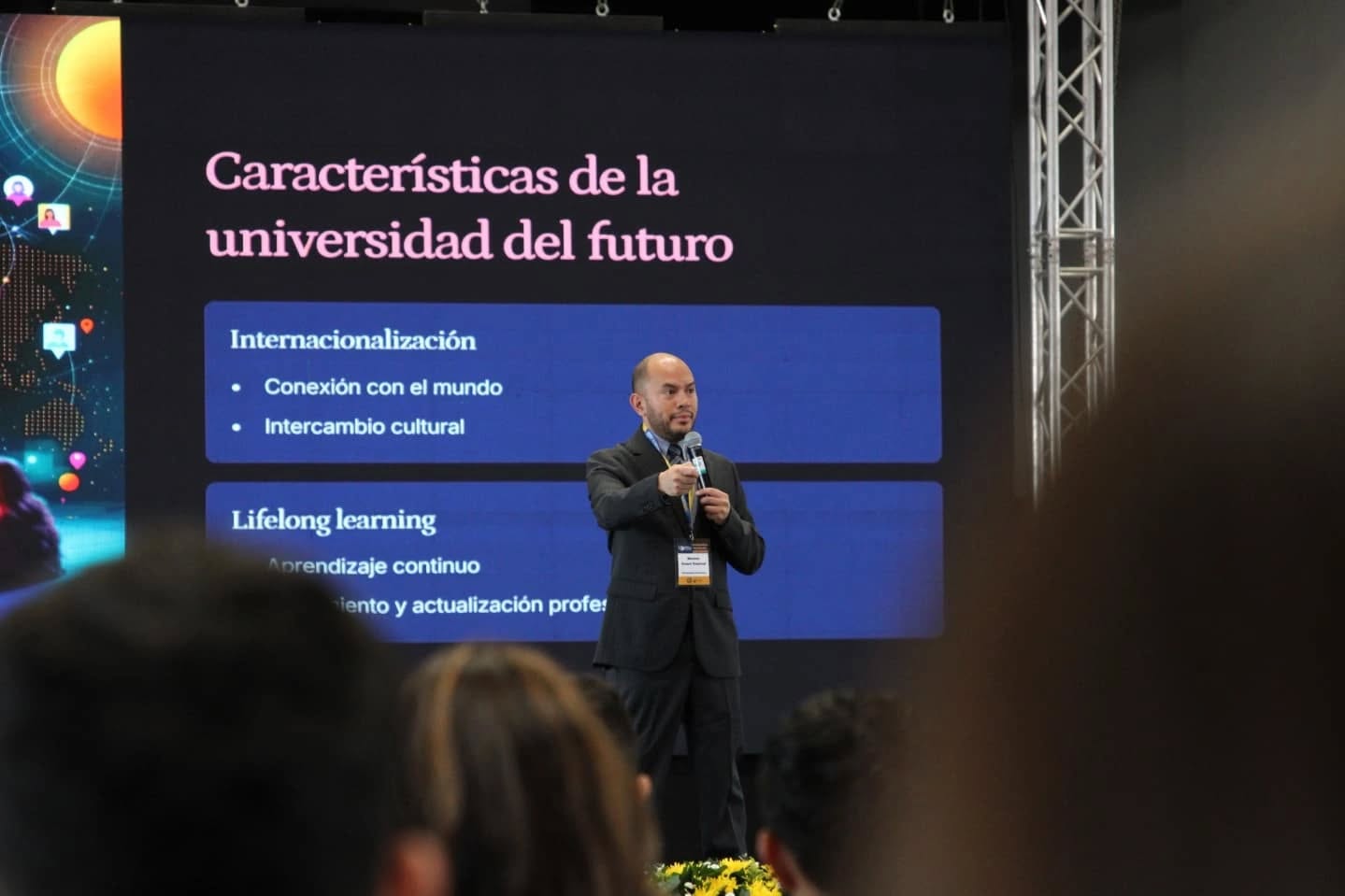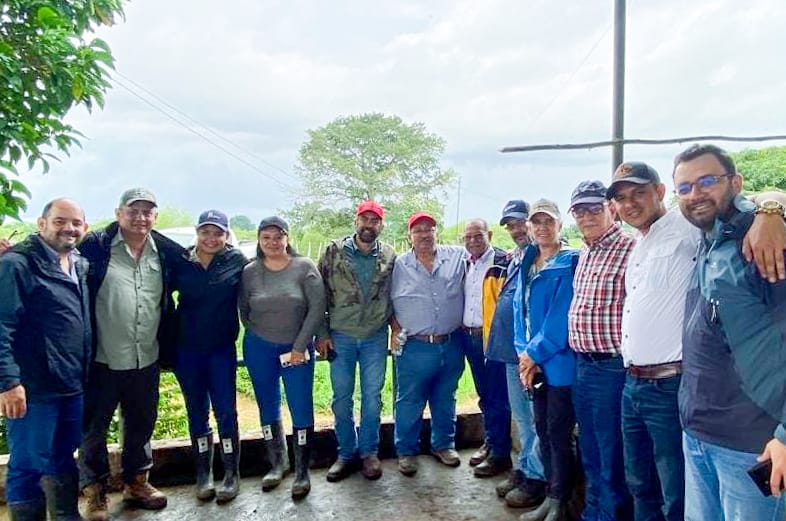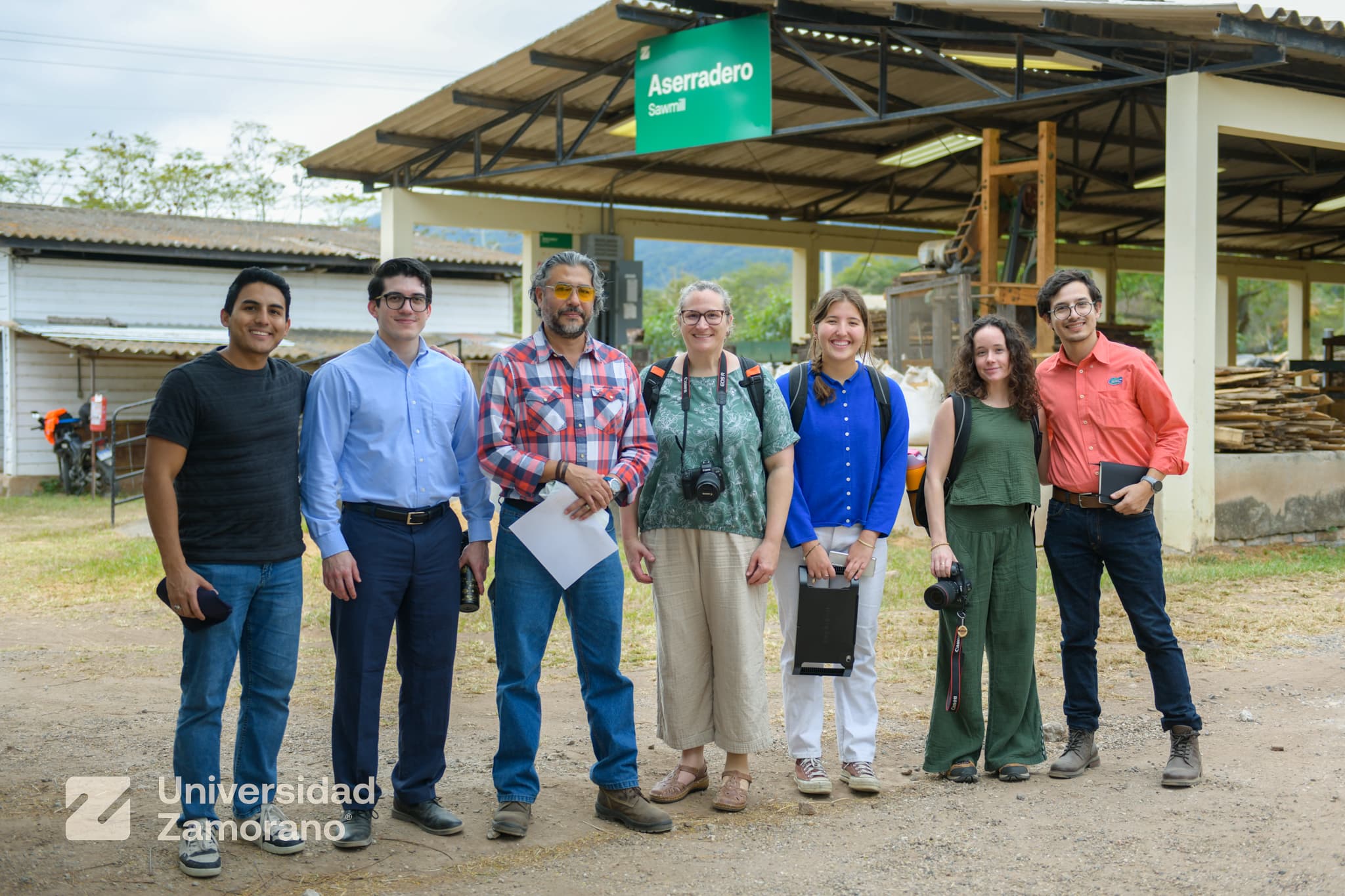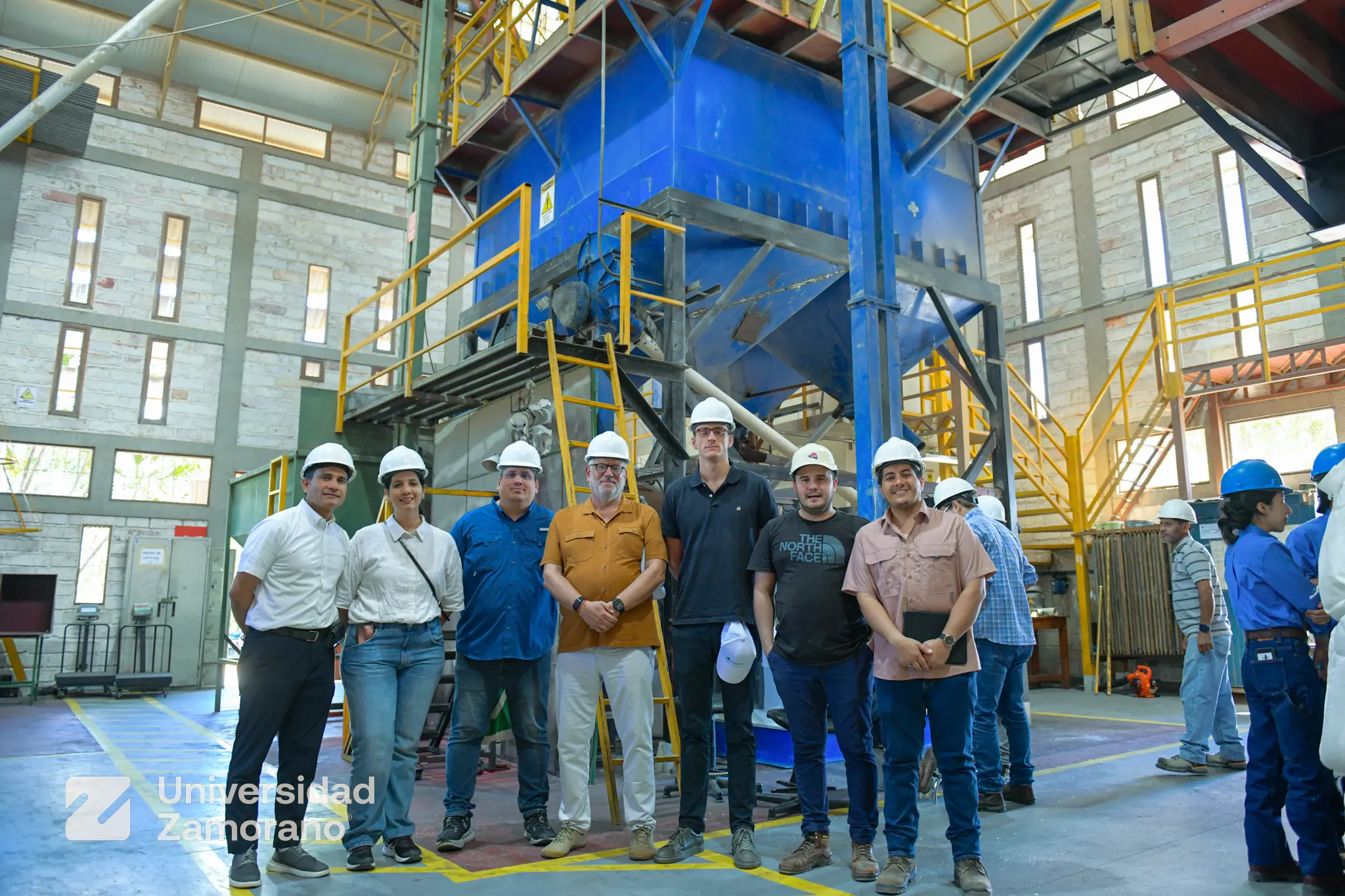The 2025 Innovation and Technology Congress officially kicked off with the participation of the university community and the public at large. Held at the Palacio Universitario de los Deportes of the Universidad Nacional Autónoma de Honduras (UNAH), the event spanned two days, aiming to create a collaborative space for discussion on the latest advancements and challenges in innovation, sustainability, artificial intelligence, and the future of society.
The Congress featured over 20 presentations and panels on cutting-edge topics, ranging from an introduction to Artificial Intelligence (AI) to future logistics, technology monitoring, and personal entrepreneurship as a professional path. It also addressed the challenges posed by AI and its impact on future professions, offering participants a comprehensive and up-to-date perspective on technological trends.
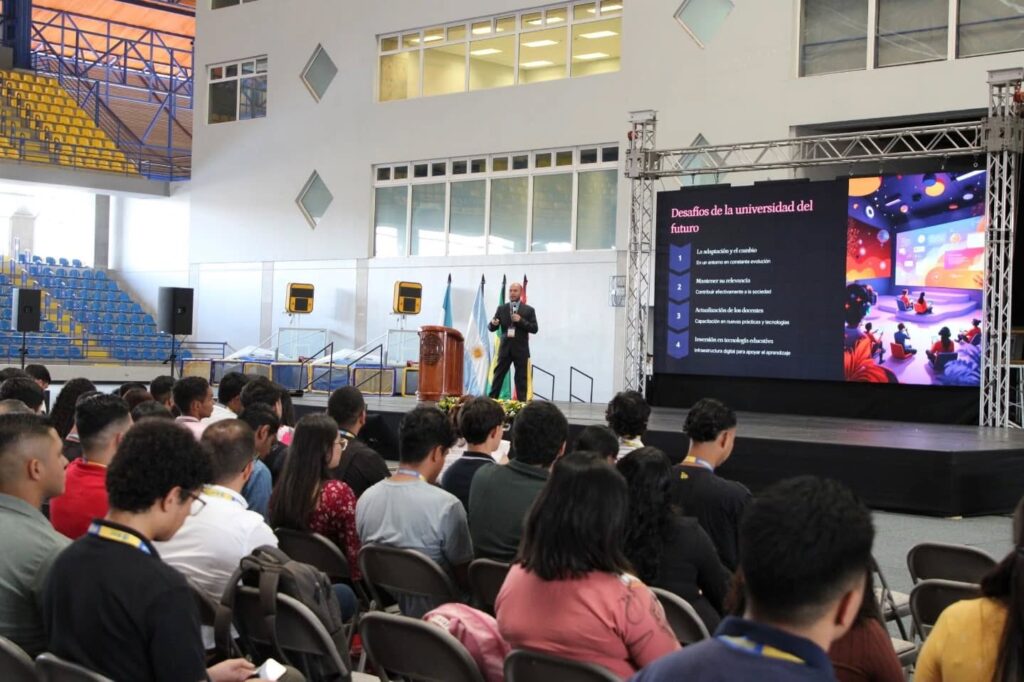
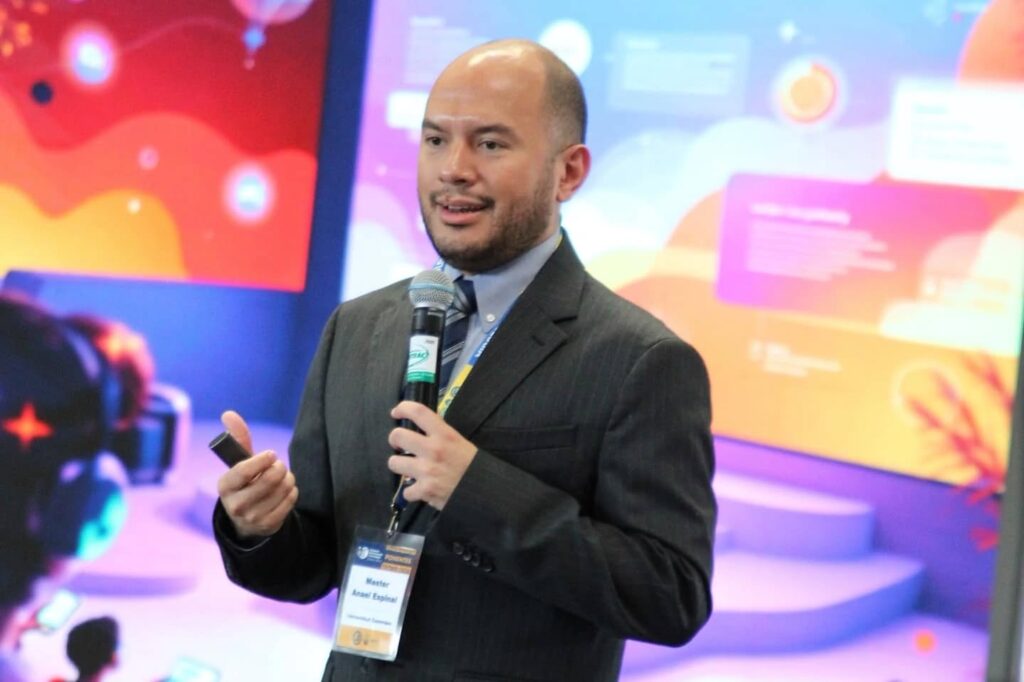
One of the standout presentations was by Anael Espinal, Associate Dean of Academic Management and Quality at Zamorano. He spoke on “The University of the Future: Adapting Educational Institutions to New Technologies,” focusing on the importance of digital transformation in education and encouraging students, academics, and professionals to engage with the evolving landscape of education.
El evento también ofreció a los participantes una valiosa oportunidad para el networking, facilitando el intercambio de ideas y conocimientos entre estudiantes, académicos y expertos en tecnología.

